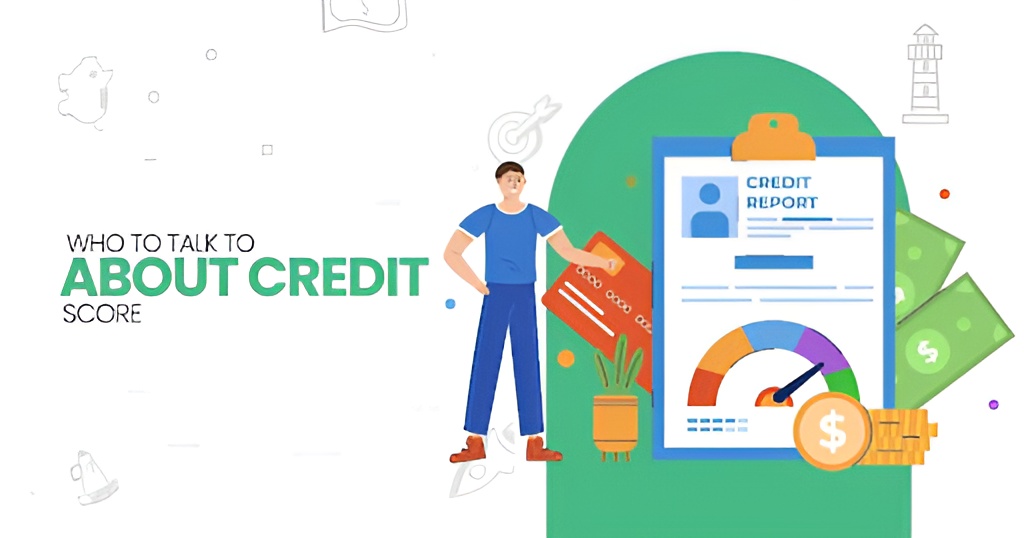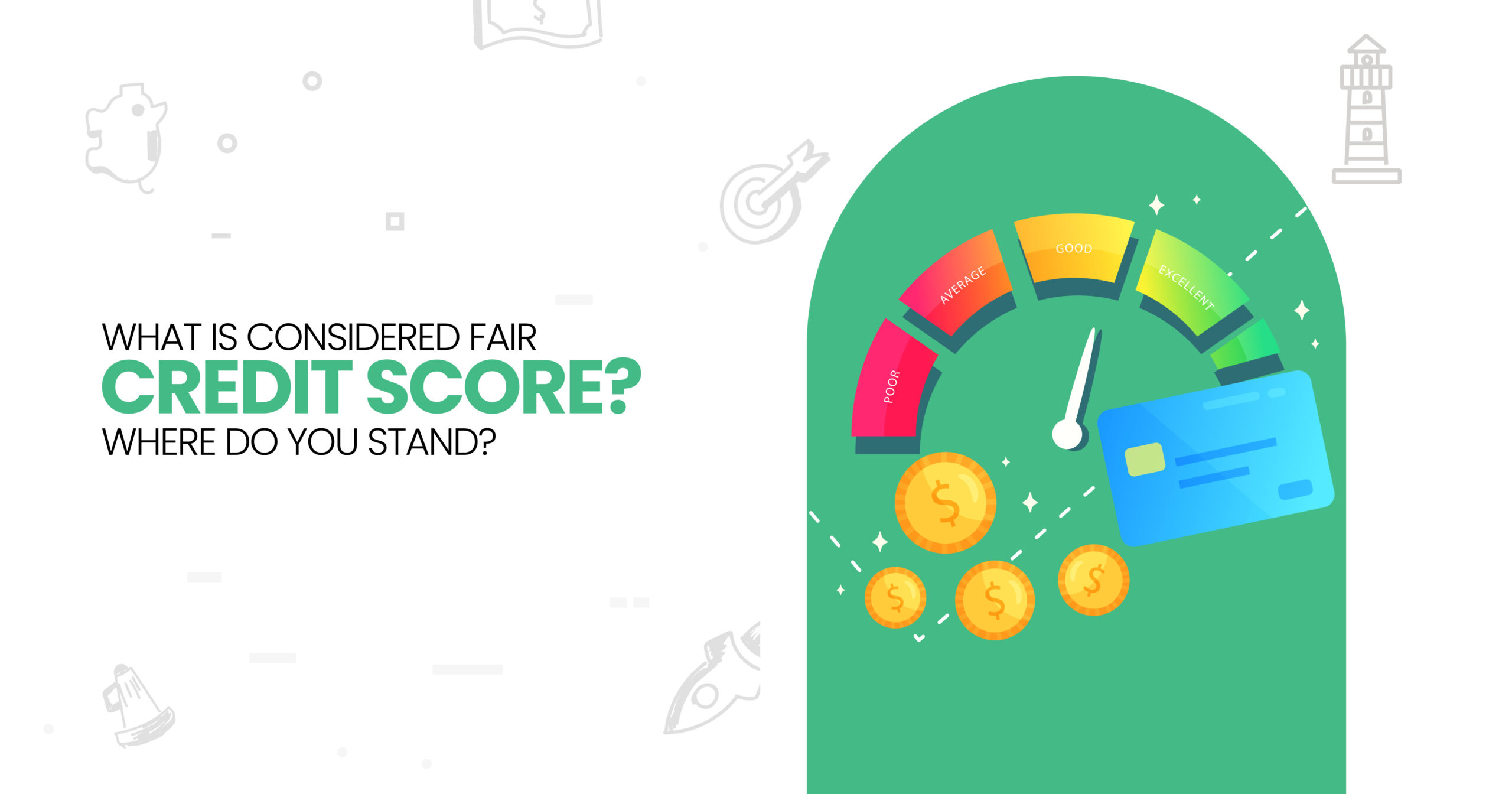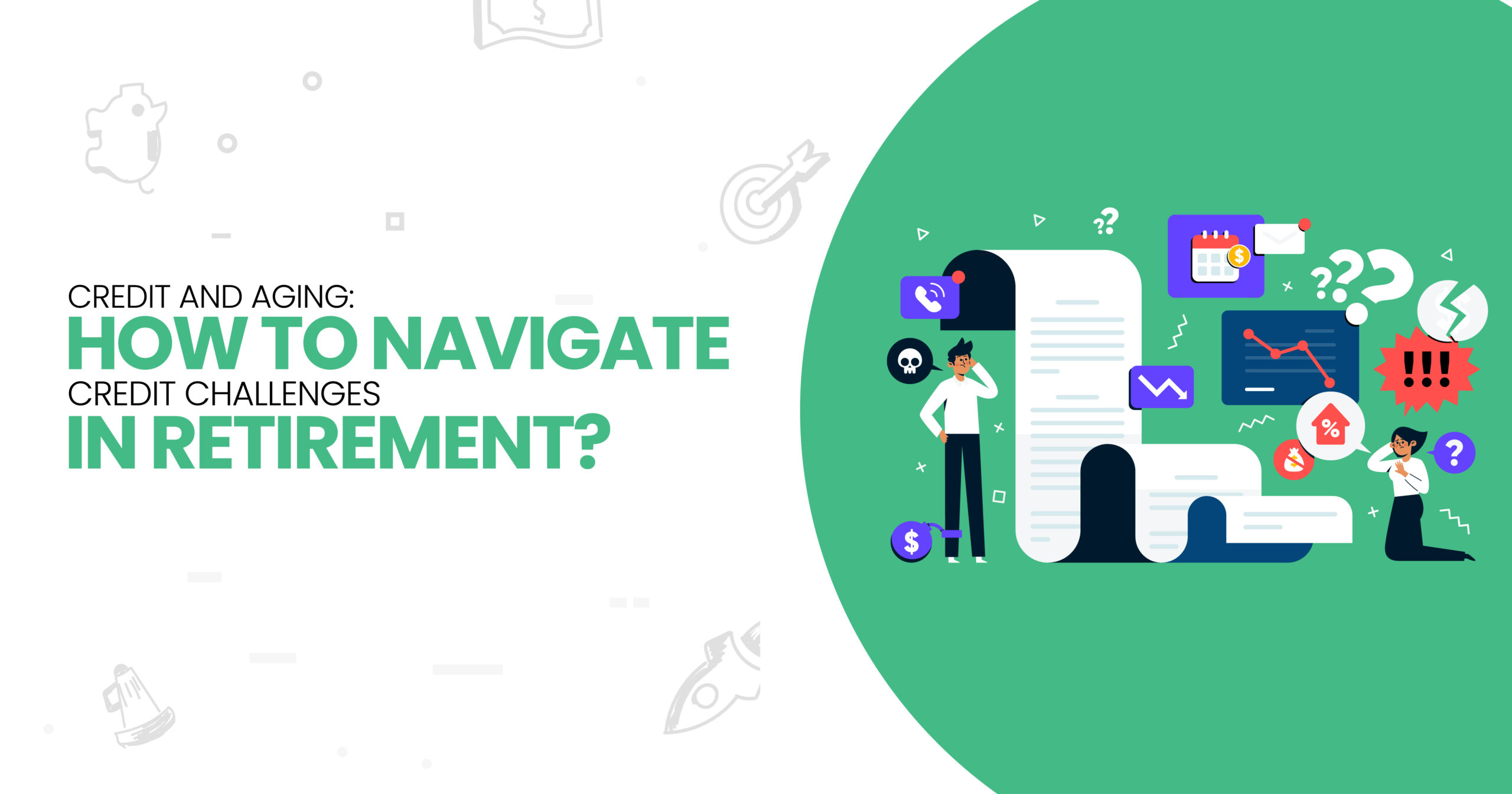Need help? Get in touch!

Who To Talk To About Credit Score?
Your credit score is one of the most important numbers that influences your financial life. However, the world of credit can be difficult to direct, and your three-digit score may leave you with questions. Do not fret when that happens because help is available to solve this credit scoring mystery and put you on the path toward building a healthy report.
Credit Reporting Agencies
The first stop on your journey should be to obtain your credit reports directly from the three major credit bureaus – Experian, Equifax, and TransUnion. Federal law allows you one free report from each bureau annually at AnnualCreditReport.com.
Pulling your reports is important for two key reasons. First, inspect them thoroughly for any incorrect accounts or personal information listed that you did not authorize. Mistakes can negatively impact your scores, so dispute any errors immediately in writing.
Second, review your reports to better understand the details lenders see when pulling your file. Pay close attention to accounts in good standing, payment histories, credit utilization, inquiries, and derogatory items like collections or bankruptcies. Make note of any thin areas that need strengthening over time, such as the length of your credit history.
Do not hesitate to contact the credit bureaus directly with any other questions about specific items on your reports or what factors affect your credit scoring. Their customer service teams can offer guidance on how to dispute errors and what you may be able to do to improve your ratings. Having this knowledge in hand before you begin repair efforts will set you up for success.
Credit Counselors
A credit counseling agency can provide invaluable guidance if your reports show issues about high credit utilization, delinquencies, or bankruptcy that are holding your scores back. Accredited non-profit services offer objective advice tailored to your individual needs at low to no cost.
When you meet with a counselor, ensure that you’re prepared to discuss all debts, income, expenses, and future goals in depth. Counselors will thoroughly analyze your full financial picture, including credit reports, to understand challenges and strengths.
If appropriate, they can enroll you in a debt management plan to consolidate unsecured debts into one monthly payment at reduced interest rates. This strategy makes repayment more manageable while avoiding bankruptcy. Counselors also offer pre-bankruptcy credit counseling to maximize the positive impact of that filing, if needed.
Most importantly, accredited counselors will work with you to create a customized step-by-step action plan for improving credit health. This may include paying down credit balances, setting aside savings each month, or focusing first on specific accounts. Following the counselor’s expert recommendations consistently over time can help remedy issues and advance your scores. With non-judgmental, non-profit counseling, troubled credit feels less overwhelming. Take advantage of this valuable resource for objective strategies tailored to your unique needs and goals.
Financial Planners Or Advisors
For a comprehensive approach, consider meeting with a certified financial planner. While their fees may be higher, planners can provide big-picture guidance tailored to your entire financial profile and long-term aspirations.
In an initial consultation, a planner will thoroughly review income, assets, debts, credit reports, insurance policies, tax situation, and your goals for areas like home buying, education, retirement, and beyond. They’ll analyze how credit fits amongst all moving parts.
Armed with this holistic view, a planner can recommend the most effective strategies. This may involve debt paydown, disputing errors, or targeted credit building over the long haul. Planners also select credit products carefully based on your plans and situation, not just commissions.
Working with a fiduciary advisor ensures you benefit from unbiased, expert counsel. They can monitor your progress and make adjustments as needed due to life changes. Many providers also offer ongoing financial planning and credit monitoring within one affordable service package.
Particularly for rebuilding credit after a setback or complex credit goals, the customized advice of a reputable fee-based planner provides outstanding value. Invest in an initial consultation to gain a proactive plan for long-term, responsible credit management.
Banks And Credit Unions
Existing financial institutions want to deepen relationships with responsible customers. Visiting your bank or credit union branch provides another avenue for credit guidance.
Customer service representatives can explain the products available to build or demonstrate creditworthiness over time. This may involve a secured credit card to establish habits or a low-limit rewards card for everyday purchases. Some financial institutions even offer free credit monitoring and reports with certain accounts. Taking advantage of these perks through a business you already trust provides convenient oversight of your progress.
In addition, banks make loans to credit-building customers. Inquiries from applying may slightly affect scores in the short term, but demonstrating repayment helps in the long term. Start with small personal loans before larger obligations like an auto loan. Financial centers promote from within. After maintaining a positive record with a basic product, inquire about credit-boosting options or even better rates you may now qualify for as your standing strengthens. Maintaining a long-term relationship provides ongoing access to guidance tailored specifically to your institution’s offerings.
Leveraging relationships where you routinely conduct business leverages familiarity for credit insights directly applicable to advancing your financial wellness in step with your bank’s product offerings.
What Is Considered A Good Credit Score?
A general benchmark that shows a good credit score is:
- Scores below 580 will make it very difficult to secure new credit or favorable rates.
- 580-669 is marginally acceptable, but expect higher interest rates and rejection from selective lenders.
- 670-739 is the range where you qualify for most mainstream credit cards and loans at average rates.
- 740-799 opens additional options and lowers rates noticeably compared to fair credit.
- 800+ places you among the most creditworthy, and you should have minimal trouble being approved for most financial products with competitive terms.
Keep in mind that credit mix, income levels, and other application details still matter -, but a score in the mid-700s or higher puts you in excellent standing overall based on payment history reported to the credit bureaus.
Can Opening New Accounts Help Or Hurt My Scores?
You may have heard that applying for more credit is always bad for your scores. However, when used strategically, new accounts can actually help in the long run. Here are some guidelines:
- Applying causes hard inquiries on your reports, which carry a small temporary impact. Too many in a short time reflects negatively.
- Space applications 3-6 months apart to lessen the inquiry effect. Your credit mix changing gradually is viewed more positively.
- If approved, responsible use of new credit dilutes the impact of past mistakes over time. It demonstrates your ability to manage multiple accounts.
- Consider a low-limit starter credit card to build a positive payment track record. Make small purchases, which you can pay off fully each month.
- After 6-12 months of on-time payments with credit card #1, you can apply for a card with a higher but still manageable limit.
- In 1-2 years, open a loan like an auto or personal loan to diversify your credit types if your scores have increased significantly.
- Monitor balances vs. limits monthly to keep credit utilization very low across all accounts. This maximizes the score boost of new credit.
By pacing applications judiciously and using all accounts responsibly, your overall available credit and payment performance look stronger to lenders over the long haul. This gradual credit-building approach is quite effective for even moderate scorers looking to improve their financial profiles.
Conclusion
Carefully managing your credit reports, accounts, and scores takes continual effort but pays significant dividends over the long term. While the journey may seem daunting, many helpful resources exist from credit bureaus, counselors, banks, and advisors to guide you toward success. Remember – your financial future depends on smart credit choices today. Stay proactive by regularly reviewing reports for accuracy, responsibly using credit cards and loans, and strategically diversifying your payment history over time. With diligence and patience, you can strengthen your credit standing and access the best opportunities life has to offer.
related post
- Located in Pembroke Pines, FL
- FICO is a registered trademark of Fair Isaac Corporation in the United States and other countries. Pines Credit Pros does not offer legal advice and is not a substitute for legal services. Pines Credit Pros does not guarantee the permanent removal of verifiable tradelines or make promise(s) of any particular outcome whatsoever. Pines Credit Pros requires active participation from its clientele regarding requested documents and information, including investigation results, for the sought-after outcome of a healthy, accurate credit report. Individual results may vary.






